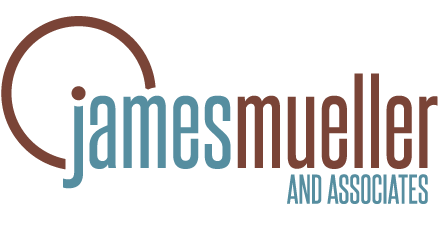Is a Lack of Objectivity Impacting Your Choices?
Three Simple Steps to Overcome the Curse of Knowledge
One of the reasons we linger on the importance of conscious reflection—especially in the new year—is that it offers us the ability to achieve emotional distance from past experiences, which provides the opportunity for observing our choices objectively.
Don’t misunderstand, emotional engagement is important and stirs our passion to do our work. But every so often, an emotionally disengaged perspective enables us to see ourselves honestly—including the good, bad, and ugly of the choices we have made—and strengthens our decision-making ability.
In the work setting, we often count on our board and staff members to help us by offering their points of view. Yet leaning solely on this audience for objectivity is a limiting practice. Fairness and lack of bias from our colleagues is nearly impossible to achieve—as any advice is limited to an individual’s experience, beliefs, and values.
Leaders have a powerful responsibility to make important decisions about recruitment, performance management, and organizational change. And even the most effective leaders can become victims of the curse of knowledge. Michael Dempsey of the Council on Foreign Relations contends that this curse can only be overcome through a “fierce commitment to objectivity that should be prized by all, and leaders should work every day to preserve it.”
A recent conversation with Nanette Olson, retired executive director of the John Knox Village of Florida Foundation, someone who understands the curse of knowledge, prompted me to think about this dilemma. Nanette mentioned how much she appreciated the time I spent listening to her stakeholders and said, “You picked up on things that I missed. And I’m always grateful to have that extra person in the room who hears something that I didn’t!”
Here’s Nanette’s sound bite:
So what do we do as leaders? Here are three simple steps:
- Acceptance. Acknowledge that we all carry conscious and unconscious bias that colors our thinking, and it impacts all of the choices we make.
- Intellectual humility. Cultivate a posture of receptivity to new ideas and sources of evidence. Are you curious to learn what others have to say about how you can improve? Do you need a higher level of input for your next initiative or hiring campaign?
- Enlist a fresh perspective. Look outside your organization for a professional who is deeply informed about organizational development, executive coaching, and team building. Ask colleagues for referrals, check references, and consider factors such as character, intelligence, and fit.
Objectivity is one of those leadership competencies that sneaks up on you when you are vigilantly and consistently asking tough questions and looking for a variety of input. So, when you see a lot of nodding in the room, consider outside advice that can help you pick up on things you may be missing. As Nanette Olson kindly put it, “Jim, you hear what people are saying and not saying.” Let objectivity become a core practice.
Objectivity is central to any conversation I have with business executives or nonprofit directors. It’s especially critical when hiring a new employee or bringing on a new board member. You need to understand who the candidate is and how they will fit within your organization. That’s why I use the Hartman Value Profile (HVP). It’s a powerful, decision-making analysis tool that brings astonishing clarity to the hiring process.

